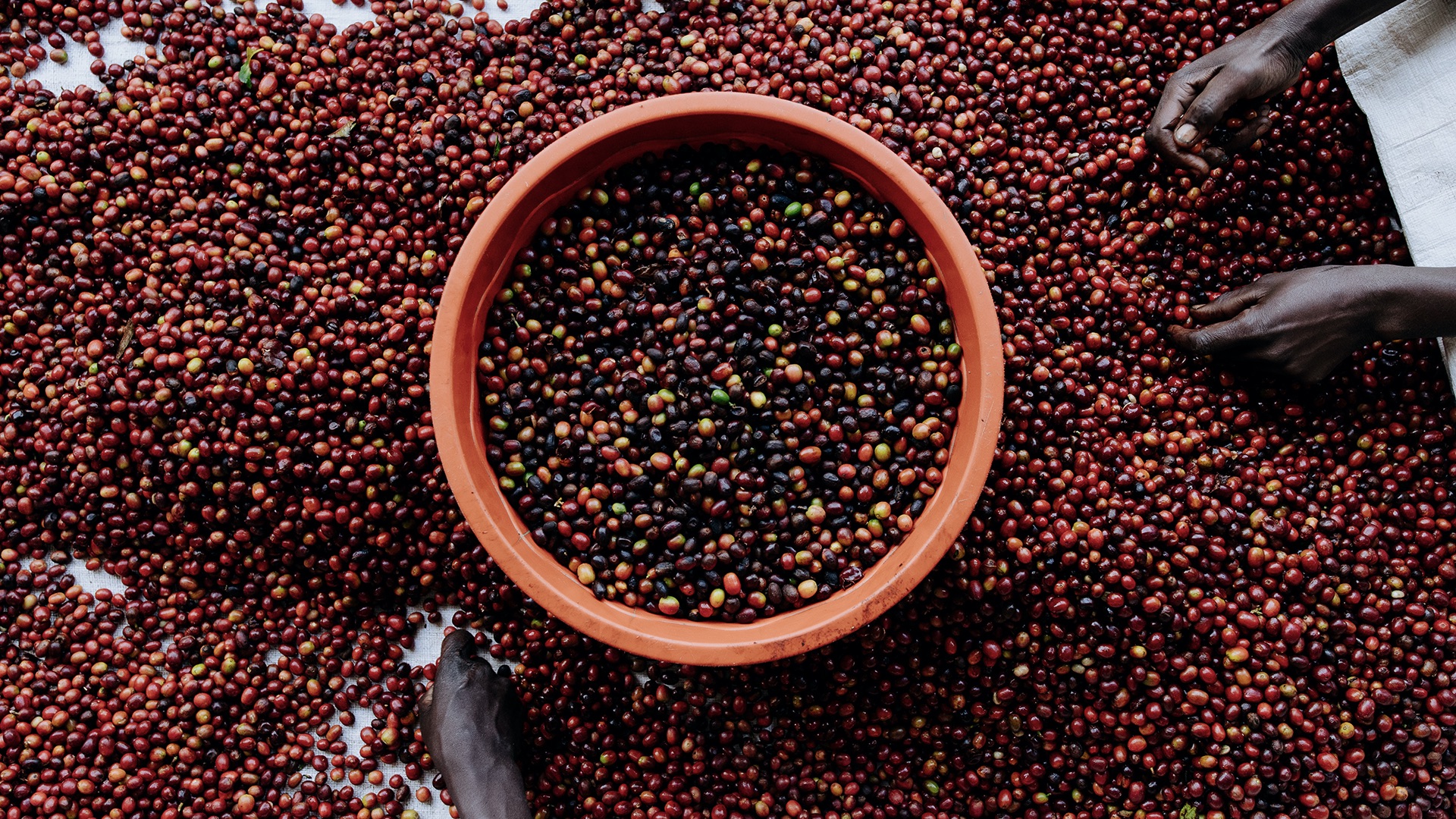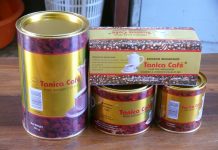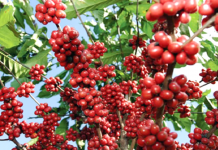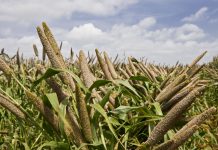AfricaPress-Tanzania: THE government announced new measures, including setting up block farms among smallholder coffee growers as it attempts to increase production and enhance the quality of the cash crop in the country.
On average, Tanzania produces 50,000 tonnes of coffee annually, but the government said the plan is to ensure production reaches 200,000 tonnes and subsequently 300,000 tonnes as proposed in the ruling party election manifesto.
Director of Crop Development Division in the Ministry of Agriculture, Mr Nyasebwa Enock highlighted this yesterday during a stakeholders’ session held here, where he said that the block farming initiative will help coffee growers easily access agro-inputs and extension services at their doorsteps.
“We had low production in this cash crop owing to limited use of improved agro-inputs, including seedlings, fertilizer and pesticides. We have also noted limited availability of information and many coffee growers are scattered, thereby restricting easy access to extension services,” he explained.
Mr Enock said the government had urged farmers to fully exploit the availability of cooperative unions, which he said “they have been granted special privilege to import agro-inputs, especially fertilizer and sell to members at a lower price.”
The cooperatives, he said, were vital engines in propelling the growth of the coffee subsector in the country.
The director noted that the government had instituted serious measures to ensure only efficient cooperatives exist.
In the 2019/20 financial year, the ministry deregistered over 3400 underperforming cooperatives and warned to take similar actions against weaker unions.
According to the director, other measures include intensifying availability of markets, financial services and technologies among smallholder farmers.
The plan, said Mr Enock, was to ensure coffee growers adopt best practices that increase efficiency and productivity.
The stakeholders met here to deliberate on a new approach to ensure easy availability of agro-inputs among coffee growers.
Prof Jamal Adam, Acting Director-General for the Tanzania Coffee Board (TCB) said the board was optimistic that the new measures will increase production.
He said access to agro-inputs and good agricultural practices could double production using the same coffee trees.
The stakeholders included civil society organization, extension officers, experts, traders, farmers, financial institutions and processing plants.
“We believe in the next five years we can be able to produce over 200,000 tonnes of coffee. We have started by involving stakeholders and we have also established markets in which transactions are transparent,” he noted.
Coffee contributed over 200million US dollars last year in foreign currency earnings to the government and remains one of the strategic cash crops in the country.
Rashid Mohammed, a participant from Rafiki Coffee Limited blamed stakeholders for failing to provide accurate information among the growers.
He said with more farmers moving to other cash crops, it was high time state and non-state actors intensify awareness creation among coffee growers and other farmers to ensure a solid year-out production.







